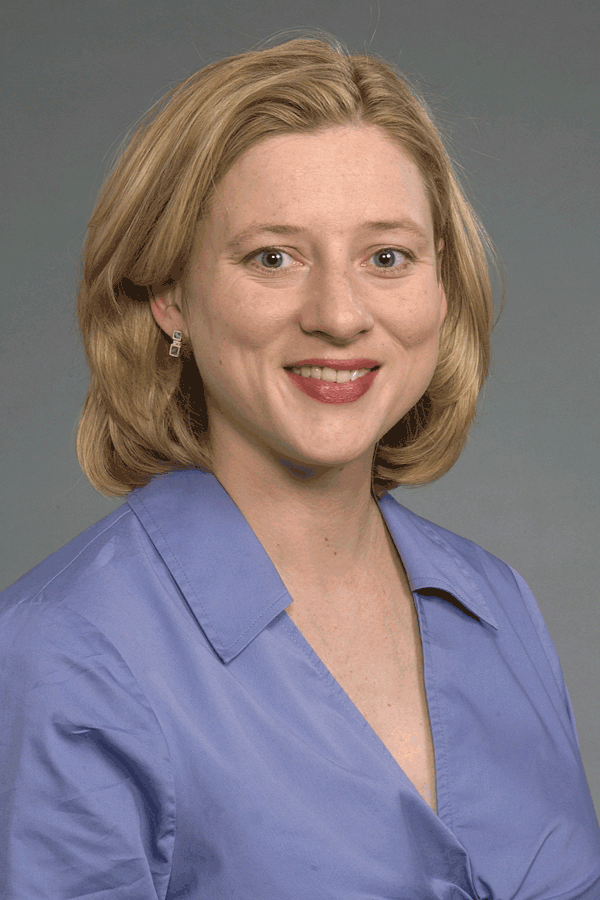Yoga fosters sense of well-being in breast ca patients
Evidence continues to mount that a regular yoga practice can support emotional well-being in cancer patients. The latest study by a group at Wake Forest University School of Medicine in Winston-Salem, N.C., found that restorative yoga eased fatigue in women with breast cancer.
Vantage Point: Research restores yoga’s role in active therapy
Evidence continues to mount that a regular yoga practice can support emotional well-being in cancer patients. The latest study by a group at Wake Forest University School of Medicine in Winston-Salem, N.C., found that restorative yoga eased fatigue in women with breast cancer.

The take-home message for community oncologists is that encouraging their patients to seek out very gentle yoga classes, even when women are in the middle of treatment or recovering from surgery, could be benefi cial, said Suzanne C. Danhauer, PhD, from the department of internal medicine, section of hematology and oncology.
In a randomized pilot study, Dr. Danhauer and colleagues examined the eff ects of restorative yoga on 44 cancer patients. Women on the wait list for the yoga class acted as the control group for the study (Psycho-oncology online, 2009).
Restorative yoga is a form of integral yoga that involves postures, deep relaxation, directed breathing and meditation. Th e women used props to aid their postures and were encouraged to listen to their bodies, meaning they should stop a pose if it felt too strenuous or go deeper into the pose if they felt they were able, according to the authors.
Questionnaires were mailed to all participants at baseline and then again at week 10 post-restorative yoga. The researchers used several systems to measure the outcomes (see Table).
In addition, women who attended seven classes or more reported more energy on their FACT-Fatigue questionnaire than those who attended fewer classes. Compared with the control group, the yoga participants had better mental health (evidenced by the SF-12 health survey), lower depression rates as measured on CES-D, and more positive emotions (PANAS), and they stated that they felt more at peace.
After 10 weeks of 75-minute classes, the women reported a higher score on FACT-B, a questionnaire measuring physical well-being, social/family wellbeing, emotional well-being, functional well-being, and breast cancer-specific concerns.
Limitations of the study include its small sample size and its inactive control group. Th e wait-list control group did not control for time, attention from a teacher, and social contact, all factors that may contribute to the benefi ts found in the yoga participants, the researchers said.
The study sample was a heterogeneous group of women in terms of cancer stage and treatment status, which also limits the use of the study. Th e participants in the study were predominantly white women of a higher socioeconomic status.
“Endorsements by healthcare providers that a behavioral or mind-body intervention, such as yoga, could be helpful make a tremendous difference. If patients hear that their provider thinks that doing yoga would be helpful for managing stress, helping their mood and possibly helping with symptoms, they are more likely to participate in this type of activity,” Dr. Danhauer told Oncology News International.
Yoga would likely help cancer patients cope better and possibly help with treatment- related side effects as well, she said.
Dr. Danhauer said that her group plans to open two yoga studies that will target women undergoing chemotherapy.